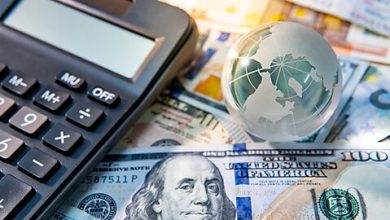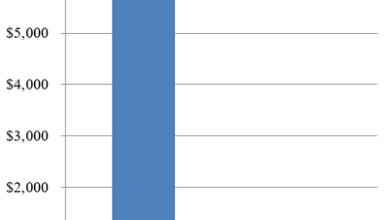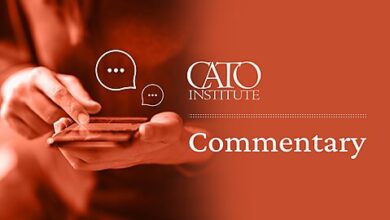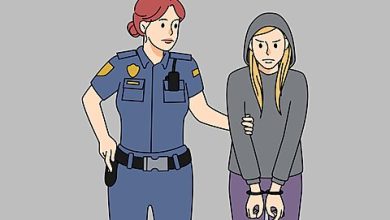Trump Shouldn’t Impose a $100,000 Fee on H-1B Visas
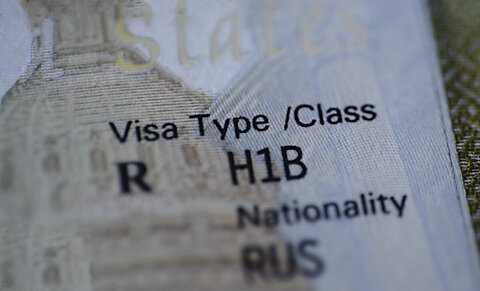
President Trump is imposing a $100,000 fee to obtain an H‑1B visa, the primary visa for skilled foreign workers. To be clear, this $100,000 fee is in addition to the salary, lawyer fees, and other costs of hiring an H‑1B worker. This fee would effectively end the H‑1B visa category by making it prohibitive for most businesses to hire H‑1B workers. This would force leading technology companies out of the United States, reduce demand for US workers, reduce innovation, have severe second-order economic effects, and lower the supply of goods and services in everything from IT and education to manufacturing and medicine.
President Trump also banned new H‑1B workers in a similar presidential proclamation in June 2020, claiming that they hurt US workers during the pandemic-induced economic crisis. Fortunately, a court found in October 2020 that the action was illegal, and the statutory authority did not exist for the president to rewrite US immigration law to micromanage the US labor market. This helped businesses retain jobs during the pandemic as IT workers aided the shift to remote work.
Adjusting the H‑1B visa fee, which is established by regulation, would require a notice and comment rulemaking, not a presidential proclamation. Even so, except for specific statutory fees, the only basis for the government to issue fees is to recover costs of adjudicating applications. Trump’s $100,000 fee has no statutory basis for fees. Given the vague authorities in immigration law, however, there is some reason for concern that the courts would uphold this action.
The president is also planning to mandate an increase in the prevailing wage, or mandatory minimum wage, for H‑1B workers, which is another action that his administration attempted in 2020. In that case, the Department of Labor did attempt to issue a formal regulation for this in 2020. That rule contained many factual and legal errors that I identified at the time, and was also blocked for failing to abide by the Administrative Procedure Act (as this current presidential proclamation is also failing to do). It was ultimately not implemented.
Illegally distorting the prevailing wage would prevent even the most highly skilled H‑1B workers from being hired. That’s because the prevailing wage has four different levels depending on experience, skill, and management responsibilities for the job. The rule would have raised the wage so high that even senior managers with years of experience would have been priced out.
President Trump’s reported plan to undermine the H‑1B visa is at odds with his remarks during the intra-conservative debate over the visa in December 2020, when he said, “I’ve always liked the visas. I have always been in favor of the visas. That’s why we have them. I’ve been a believer in H‑1B. I have used it many times. It’s a great program.”
Perhaps someone should remind the president of his words on this and other immigration issues.

